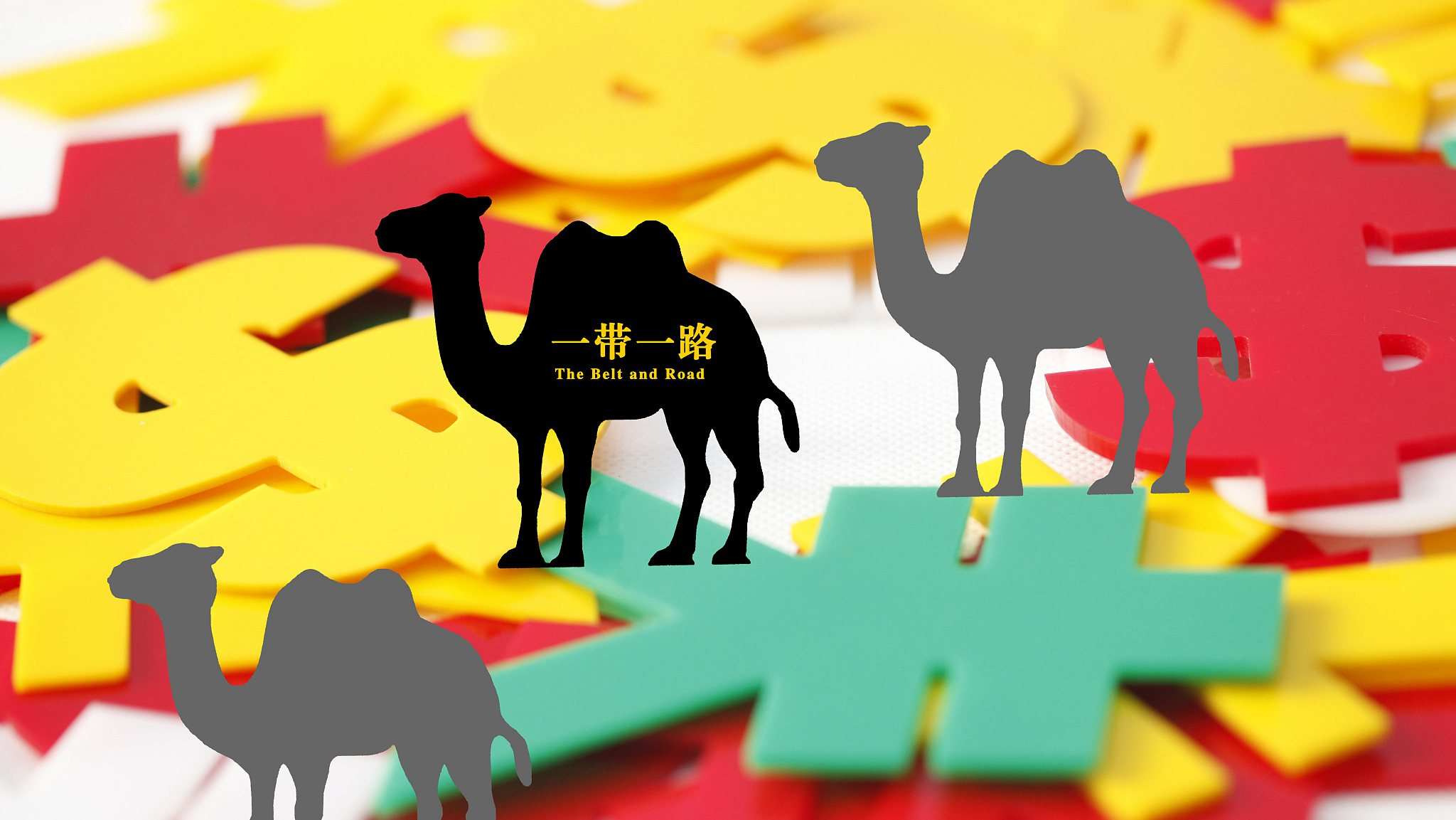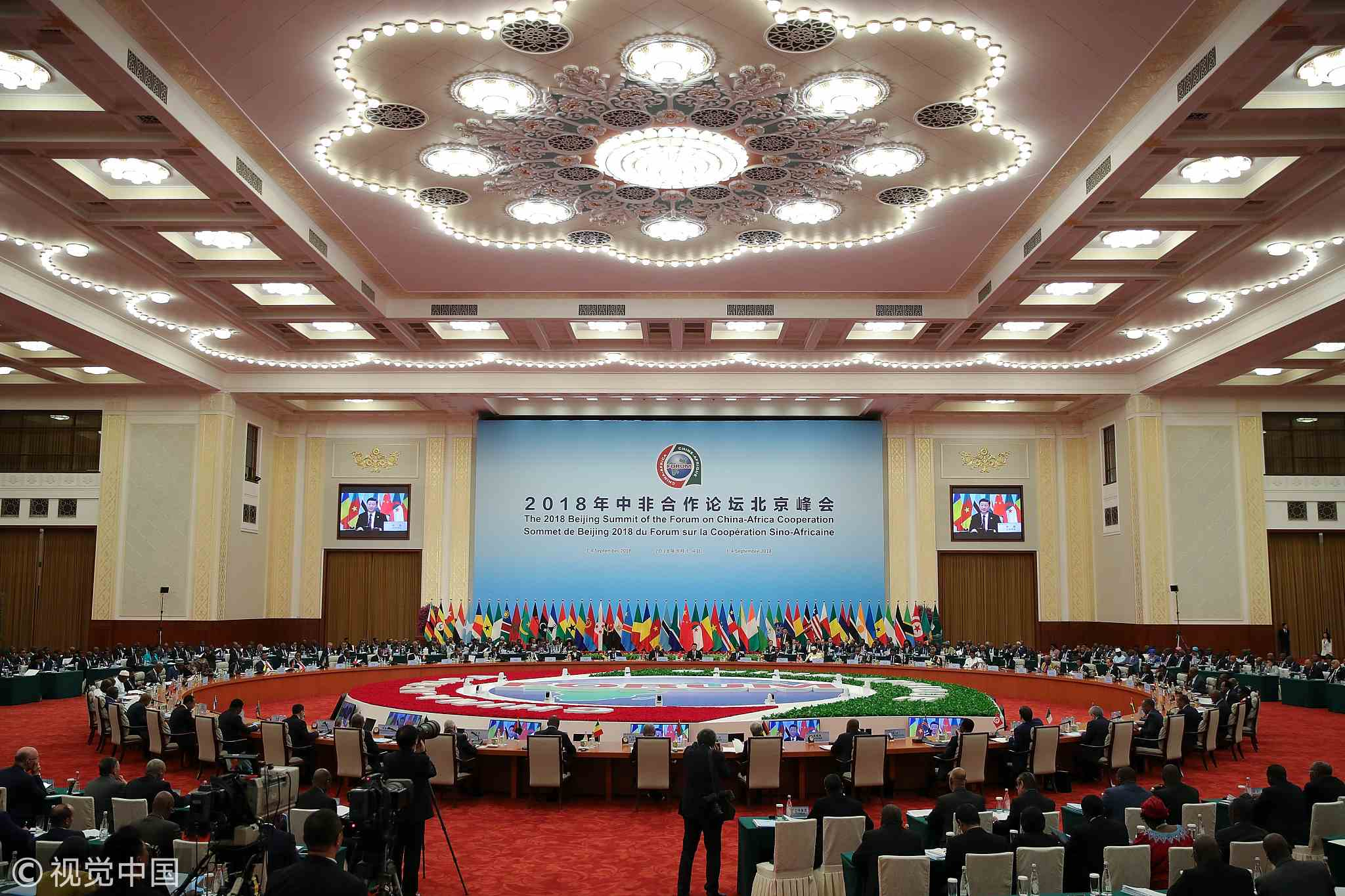
Opinion
08:44, 18-Apr-2019
My story: Creating a harmonious society through the BRI
Wallstone Sangala

Editor's note: The second Belt and Road Forum for International Cooperation will be held in Beijing at the end of this month. Over the past six years, we have heard many voices – mostly political and economic – about the BRI. We also wanted to hear ordinary people sharing their own experiences. Over 100 people took part in our "CGTN Belt and Road Essay Contest," and we selected the 18 best stories. Here is an essay of one of the third-prize winners. The article reflects the author's opinion, and not necessarily the views of CGTN.
For the longest time, Africa has depended on one channel in order to connect with the East and the West. This was done through the Suez Canal crafted by the Pharaohs of Egypt, the land of ancient civilization in Africa. The Suez Canal is a sea-level waterway in Egypt, connecting the Mediterranean Sea to the Red Sea through the Isthmus of Suez. Constructed by the Suez Canal Company, it was officially opened on November 17, 1869.
The Suez Canal is considered to be the shortest link between the East and the West due to its unique geographic location. Now there is an emerging economy that is offering more options for exploration than ever before. It is the Belt and Road Initiative (BRI) spearheaded by China, whose civilization goes back over 3,000 years in time.
In the 21st Century, a new economy has emerged from the East. China is operating on the cardinal principle of creating a harmonious society for all nations. The fruits of this emerging power across the globe are being felt in over 100 countries through the initiative.

The Belt and Road Initiative is working towards linking economies across the world. /VCG Photo
The Belt and Road Initiative is working towards linking economies across the world. /VCG Photo
To some of you who are hearing this term for the first time, China's BRI is an ambitious project to connect Asia with Africa and Europe via land and maritime networks along six corridors with the aim of improving regional integration, increasing trade and stimulating economic growth. So far its results in Africa have been very impressive.
Unlike the Suez Canal which links just a few countries, the Chinese BRI crosses over many countries in the world and in particular Africa, making it the biggest project China has accomplished so far. It is not surprising that the impact of the BRI has been felt in Africa in many areas.
For one, it has definitely reduced transactional costs. It has also promoted trade and investment. Then it opened new business opportunities. Many entrepreneurs from Africa are now able to order goods from other parts of the world and also export their local products using the Belt and Road corridors.
Let it be known also that, for the longest time countries from the West have dominated the African market with a "one size fits all" approach. For instance, companies from the West dictated prices when buying African tobacco. With the BRI, African countries have found a better bargaining alternative, which is China.
Again, the BRI has added value to indigenous products from Africa. As a result, African businessmen are now negotiating better prices for their goods on the international market. Today, most African countries are trading with China through the BRI as opposed to the Western countries that have plundered African resources for a long time.

Chinese President Xi Jinping speaks during the 2018 Beijing Summit of the Forum on China-Africa Cooperation at the Great Hall of the People in Beijing, China, September 4, 2018. /VCG Photo
Chinese President Xi Jinping speaks during the 2018 Beijing Summit of the Forum on China-Africa Cooperation at the Great Hall of the People in Beijing, China, September 4, 2018. /VCG Photo
My thesis at the Communication University of China, one of the country's most reputable institutes of international studies, was on the representation of Africa, China and China-Africa relations by ChinAfrica magazine, a leading magazine in African and Chinese diplomatic ties. The findings indicate that the dominant frame in the coverage of Africa-China relations has been the economic frame and its consequences. This study also shows that media's focus has been on trade and investment. Furthermore, the tone of media has been positive.
It is through the BRI that many Africans have found new jobs and opened new business ventures. The BRI has proven that Africa and particularly Malawi has the potential to support themselves and cut tremendous "donor cartel."
In conclusion, the BRI is the other Suez Canal in Africa. And it offers more route alternatives and connectivity better than the Suez Canal by opening countries, which would have otherwise been landlocked like Malawi, to seas and oceans, making them viable for exploration in many areas such as tourism.
Let the BRI create a harmonious society for the benefit of us and our posterity.
(The author is from Malawi and has studied in the Communication University of China. If you want to contribute and have specific expertise, please contact us at opinions@cgtn.com.)

SITEMAP
Copyright © 2018 CGTN. Beijing ICP prepared NO.16065310-3
Copyright © 2018 CGTN. Beijing ICP prepared NO.16065310-3